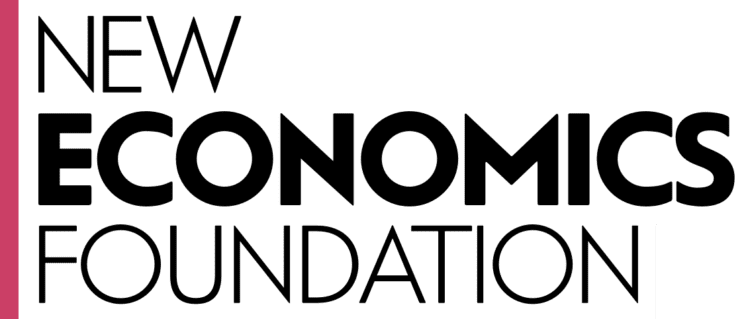
CONSULTANT
T: + 44 (0) 207 820 6319 or contact him here.
An economist by training, Emmet has experience in conducting quantitative research and impact evaluation, having applied methodologies such as SROI and social cost-benefit analysis in a variety of contexts. He has also conducted qualitative research via interviews and industrial surveys, and can synthesise research from different sources with speed and precision.
His recent work has included an evaluation of a major international youth volunteering programme, developing policy proposals for fair and affordable commercial rents, research into the economic impact of major transport infrastructure, and assessing the benefits of peer mentoring support for people with multiple and complex needs. Prior to joining NEF, Emmet worked as an economist and consultant at the Ministry of Finance, Namibia.
Emmet was born and raised in Ireland and holds a BA and an MSc in Economics from Trinity College Dublin. He likes exploring his surroundings by bike and singing with choirs in beautiful old buildings.
PROJECTS INCLUDE:
- Clwydian Range and Dee Valley Area of Outstanding Natural Beauty (AONB): Visitor impacts appraisal.
- The socio-economic impact of the work of FareShare: Emmet contributed significantly to the quantitative modelling of this impact, focusing on the savings to the State that are created by the organisations served by FareShare.
- Locality: Measuring the enabled contribution of Keep it Local for Economic Resilience and production of a toolkit used in the Locality Keep it Local guide for community organisations.
- Analysing the cost to the state of suboptimal neurological care.
- Assessing the socio-economic impacts of an urban redevelopment project.
- Attempting to quantify the social value of ethical safeguards in manufacturing supply chains.
